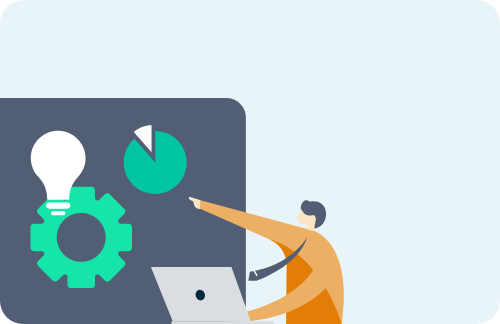Simplify forecasting and planning, enrich planner experience, accelerate integration, and enhance performance for rapid value realization.
up to
-60%
inventories
up to
+50%
product availability
Flowlity revolutionizes planners’ experience by streamlining tasks within planning tools and automating 95% of planning activities. Utilizing top-tier algorithms, we deliver probabilistic forecasting and dynamically optimized planning to assist you in navigating unforeseen disruptions.
We aim to speed up integration processes, ensuring planners can use our tools more effectively and achieve results faster, all thanks to the enhanced performance of our algorithms.
Empower your team and tackle Supply Chain planning challenges with AI as your trusted ally:

Our AI streamlines planners’ tasks with automation. It assists demand planners in creating better forecasts using both internal and external data. Ensure maximum product availability by replenishing warehouses and stores. Optimize inventory throughout the distribution network with smart AI algorithms.

Real-time monitoring and reporting, enabling data-driven decisions and fine-tuned strategies. With increased visibility and control, align your operations with your business goals, driving increased efficiency and cost savings.

Craft the ideal production plans, taking into account all your capacity constraints. Optimize inventory buffers in your BOM to maximize your OTD. Challenge your MRP, incorporating supplier capacities, and build an ideal replenishment plan for materials.

Flowlity facilitates communication and collaboration. Monitoring supplier performance and taking swift actions has never been easier, ensuring reliability and fostering continuous improvement throughout your supply chain.
End-to-end supply chain planning solution powered by AI
Best-in-class AI to optimize inventory levels
Optimized supplier communication
Enhanced supply and inventory strategies
Highest user adoption
Seamless IT integration